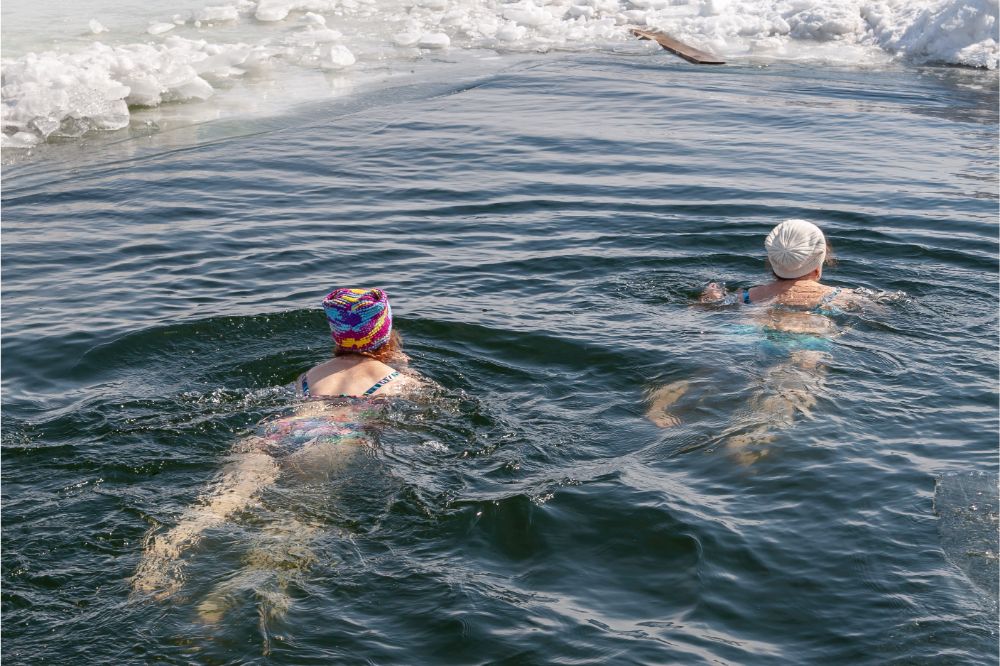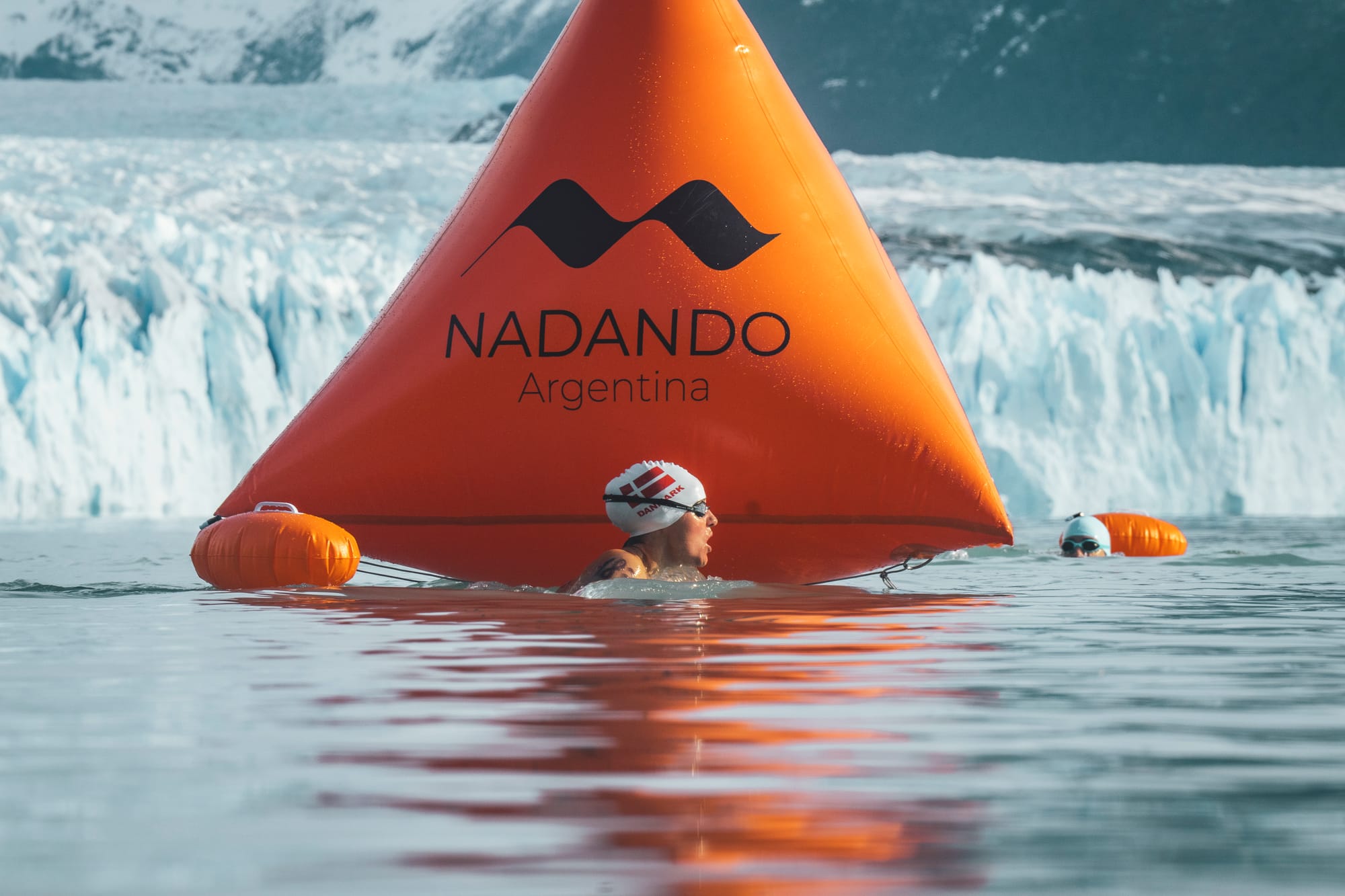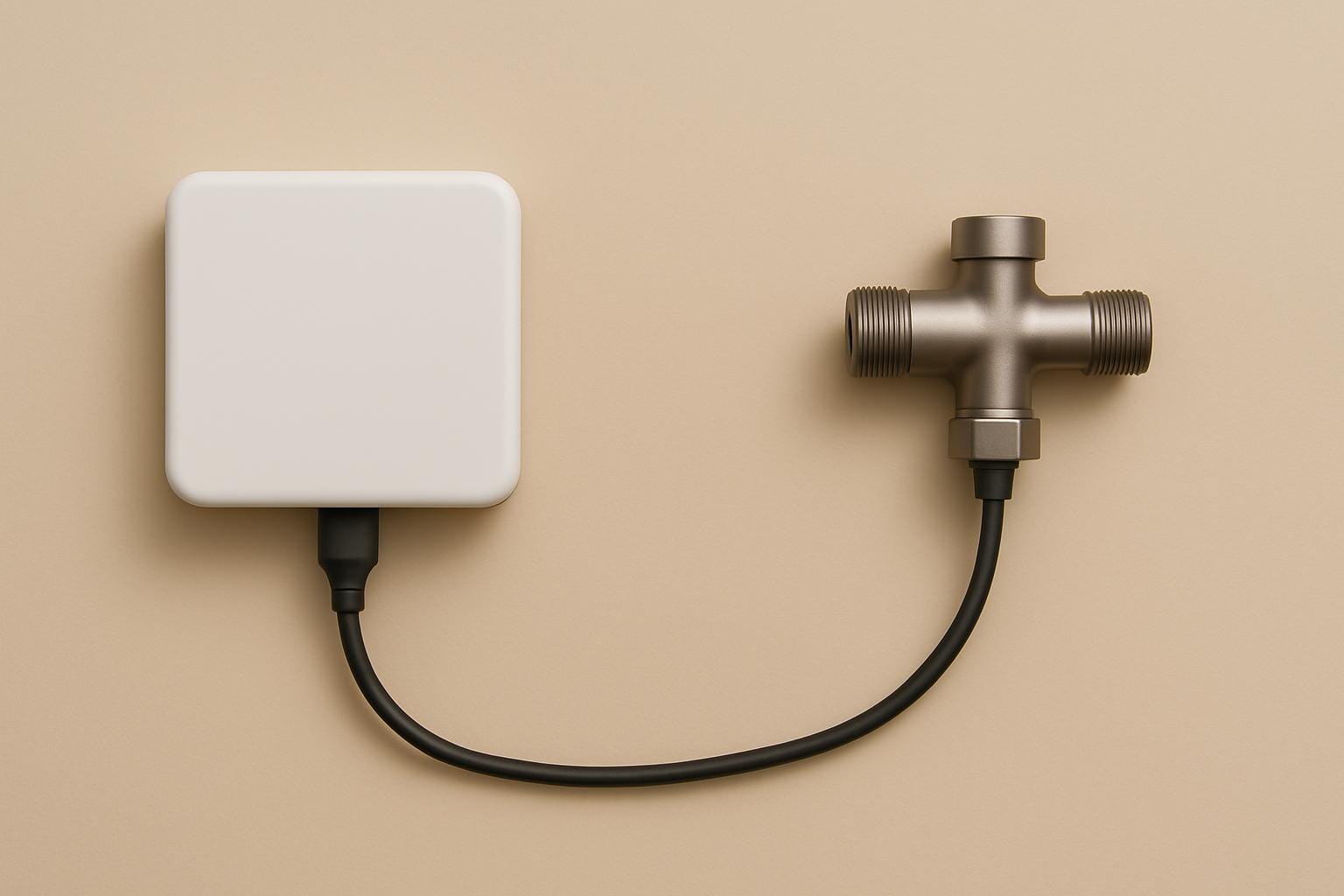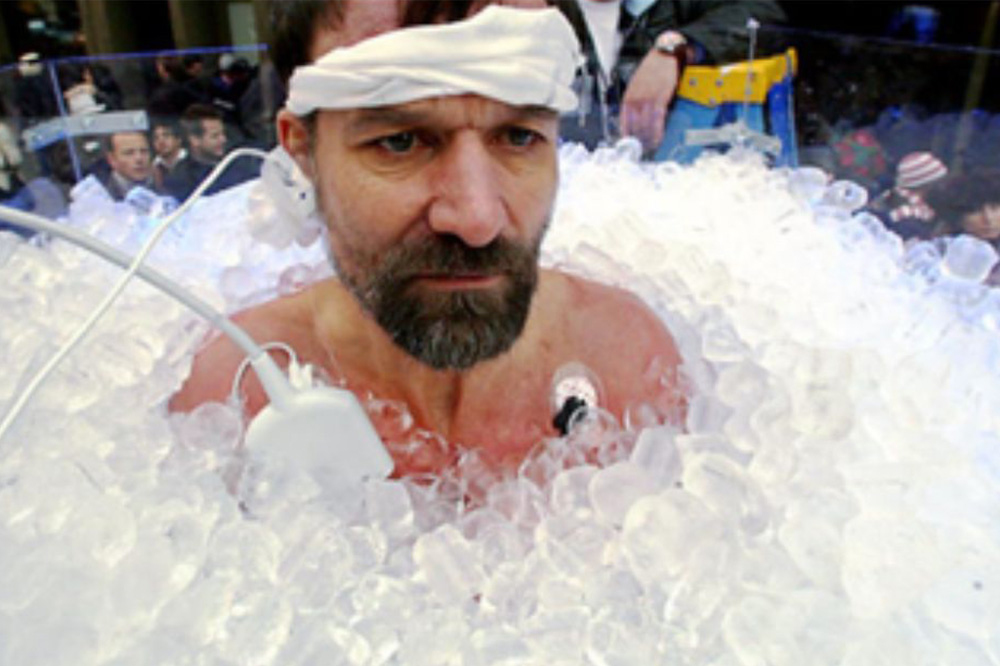Swimming is a favorite form of exercise in summer when warm weather makes water inviting and refreshing. Swimming is an excellent form of exercise to improve your health and fitness. But is swimming a seasonal activity, or can you swim in winter? And are there special reasons to swim in cold weather or cold water? First, let’s look at the proven benefits of swimming in winter.
Benefits of Swimming in Winter
Swimming any time of year is an excellent way to benefit your health. It’s a low-impact, full-body workout that improves cardiovascular and muscular fitness and can even help your mood and reduce stress. However, swimming in winter has several unique benefits over swimming in warm water. Swimming in cold water has been proven to have unique benefits for the body in two important ways:
Stage 1: The Cold Shock Response
When you first immerse yourself in cold water, it triggers many involuntary physical reactions. The shock of cold water causes:
Gasp Reflex
When a large percentage of your skin’s cold receptors are activated at the same time, it causes an involuntary gasp
Heart and Breath Rate Increase
Along with the gasp reflex, the heart and breathing rates increase dramatically. Blood pressure increases.
Stress Hormones
Immersion in cold water also triggers your “fight-or-flight” responses, flooding the body with cortisol, adrenaline, endorphins, and other stress hormones.
Glucose and Fat Release
To provide your body with the energy it may need to fight or flee, it also releases energy into the bloodstream, rapidly increasing the amount of glucose and fats available for exertion.
Exposure to the cold shock response carries a wide range of benefits, which increase over time as the body acclimates to repeated cold shocks. These physiological responses help cold-water swimmers to experience:
Reduced Stress Levels
As the body acclimates to the stress hormones released in cold water, it appears to have adaptive benefits for the ordinary stresses of life.
Improved Insulin Sensitivity
Repeated exposure to the changes in blood sugar and insulin levels triggered by cold water immersion improves insulin sensitivity and stimulates the metabolism.
Improved Mood and Sense of Well-Being
The adrenaline and endorphins released in cold water cause many people to report improved mood and reduced depression, along with a general sense of health and well-being.
Even immersion in cold water for as little as 5 minutes can improve our health, and it takes as few as 6 sessions of immersion to halve the cold water shock response and improve stress adaptations.
Stage 2: Cold Water Adaptation
After the initial cold water shock response passes, the body adjusts to immersion in cold water. It begins to conserve heat to protect you from hypothermia. During this phase, several more things happen:
Vasoconstriction
To conserve body heat, blood vessels in the skin and extremities contract, keeping more of your blood in your body’s core, where it is warmer. This protects the body from the cold and reduces power and energy in the limbs when you swim.
Brown Fat Activation
“Brown fat” is a type of fatty tissue activated by cold temperatures. “White fat” is body fat that provides extra insulation and protection from cold. “Brown fat” burns extra calories to create warmth and boosts our overall metabolism to burn energy more efficiently. However, coldwater exposure also triggers the body to produce more brown fat instead of white fat.
As the body habituates to more prolonged exposure to cold water swimming in winter, there are more benefits to this type of adaptation:
Reduced Inflammation
The process of vasoconstriction in cold water, followed by increased circulation and hormonal responses when you leave the water, draws blood and body fluids into the body’s core. This can reduce swelling and inflammation in muscles and joints. In addition, when fluid begins to circulate normally, it is full of endorphins, cytokines, and stress hormones that promote healing. This is why cold water therapy has long been part of post-workout recovery for athletes and also why winter swimmers report less pain and suffering from inflammatory diseases.
Improved Metabolism
The production and activation of brown fat cause the body to burn more fat and calories and help achieve and maintain a healthy weight.
For most people, these winter swimming adaptive benefits are achieved after the initial 2-3 minutes of cold shock and before 20-30 minutes when the risk of hypothermia increases.
Best Water Temperature for Winter Swimming
Many of our adaptive cold responses are triggered by the temperatures we are accustomed to. For example, a person who is accustomed to swimming in water that is 18°C/65°F will typically start shivering when temperatures are reduced only slightly to 17°C/63°F. Over time, the body adapts, and the shivering response reduces, only to be triggered again with another temperature reduction.
Most of the optimal benefits of swimming in winter can be achieved with water temperatures from 10-12°C/50-54°F.
Over time, a person may adapt to cold water and want to further challenge themselves. A swimmer may gradually transition to “ice swimming” at temperatures as low as 5°C/41°F. Extreme care should be taken when swimming in water below 5°C/41°F. Extreme care should also be taken when swimming in manmade swimming pools treated with chlorine and other chemicals or when swimming in saltwater. The presence of chlorine, salt, and pool chemicals may keep water in a liquid state when it is below freezing temperature, which significantly increases the health risks of winter swimming.
Conclusion
Winter swimming has a wide range of benefits for the body and mind and is increasingly popular. As communities of coldwater swimmers develop worldwide, it’s easier than ever to swim in winter with a group of like-minded people and enjoy the great mood, excellent health, and extraordinary feeling of swimming in winter.
Disclaimer: You should see a doctor prior to starting with cold training and research the risks involved.











Discussion